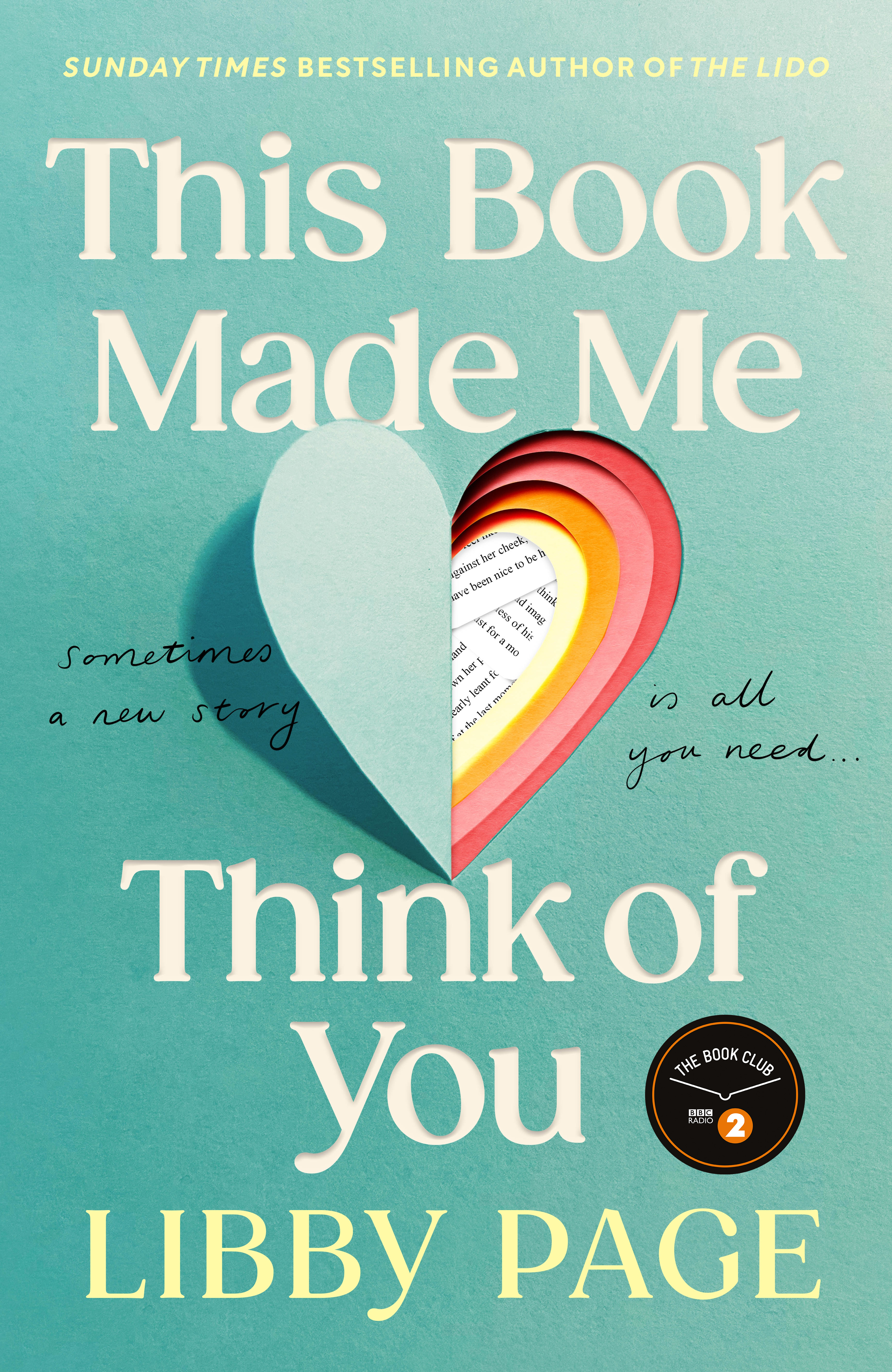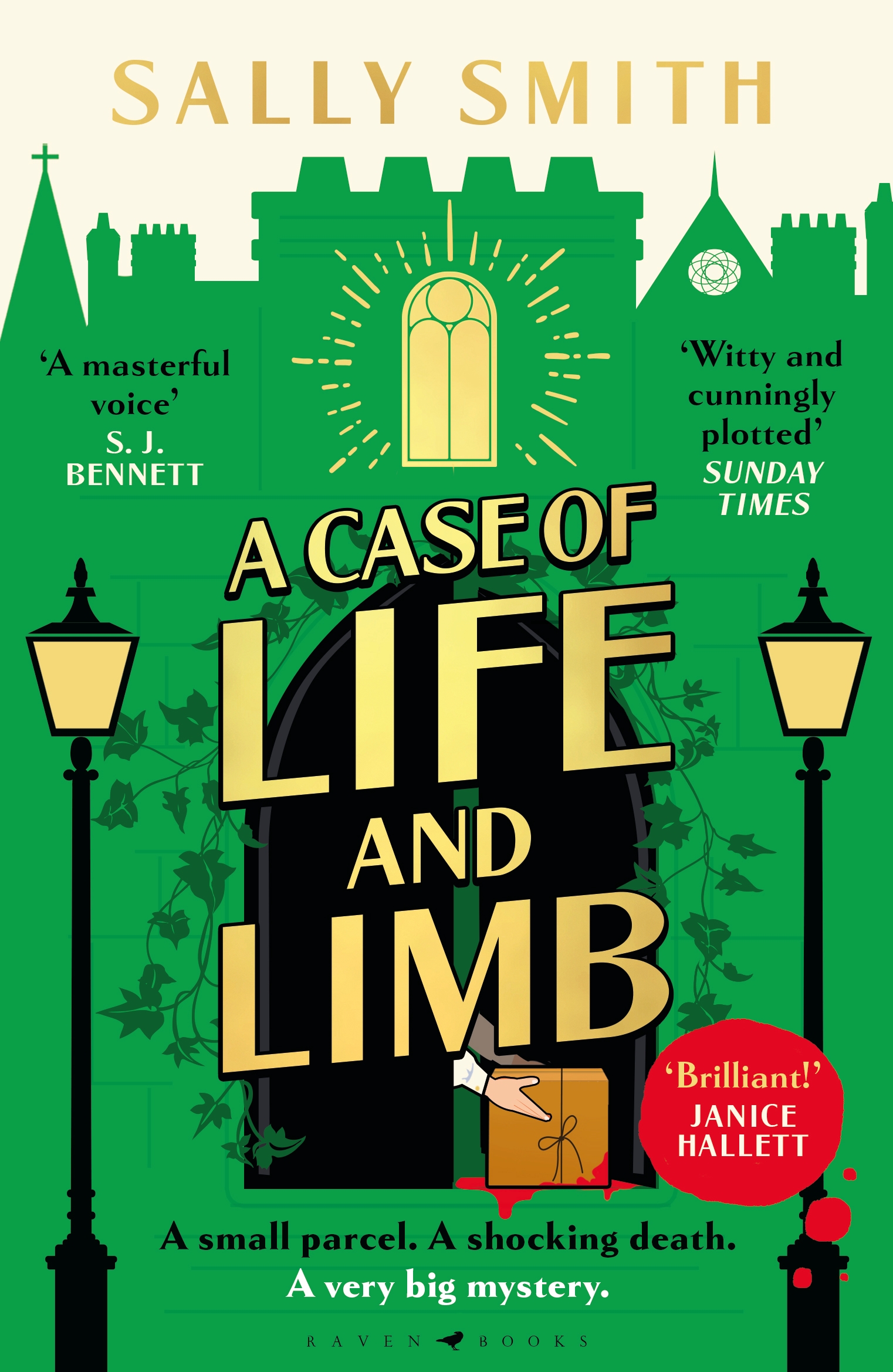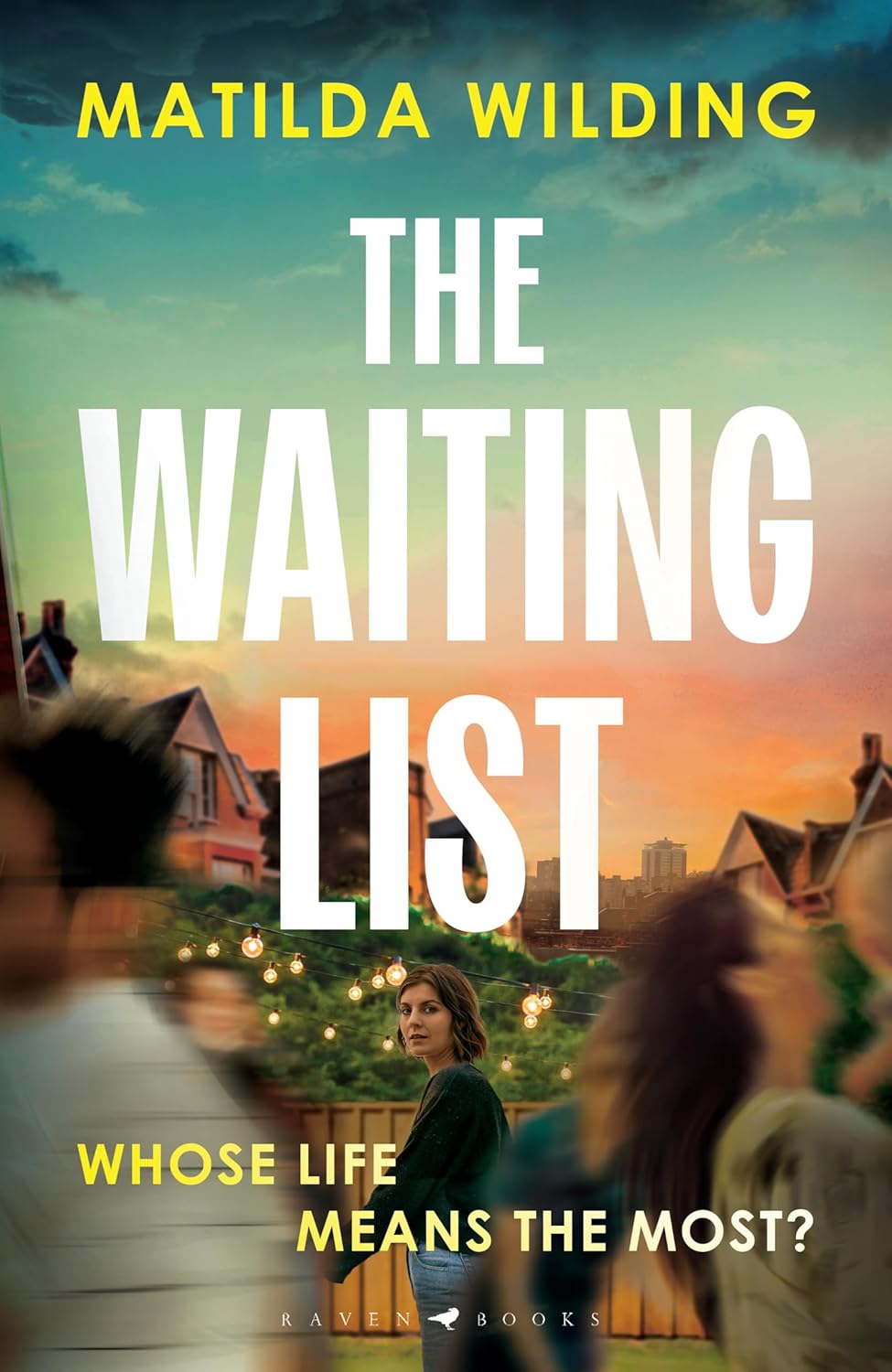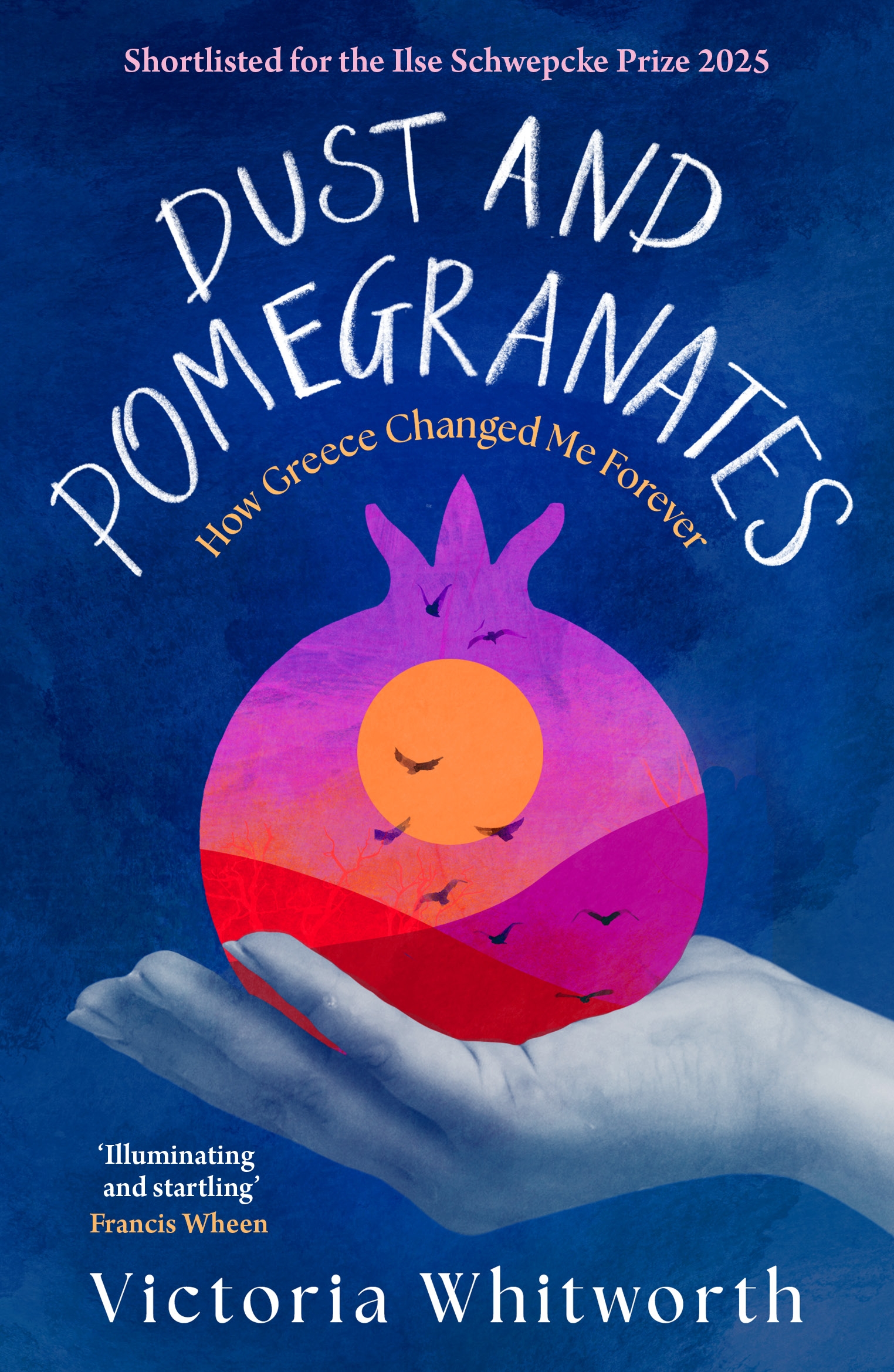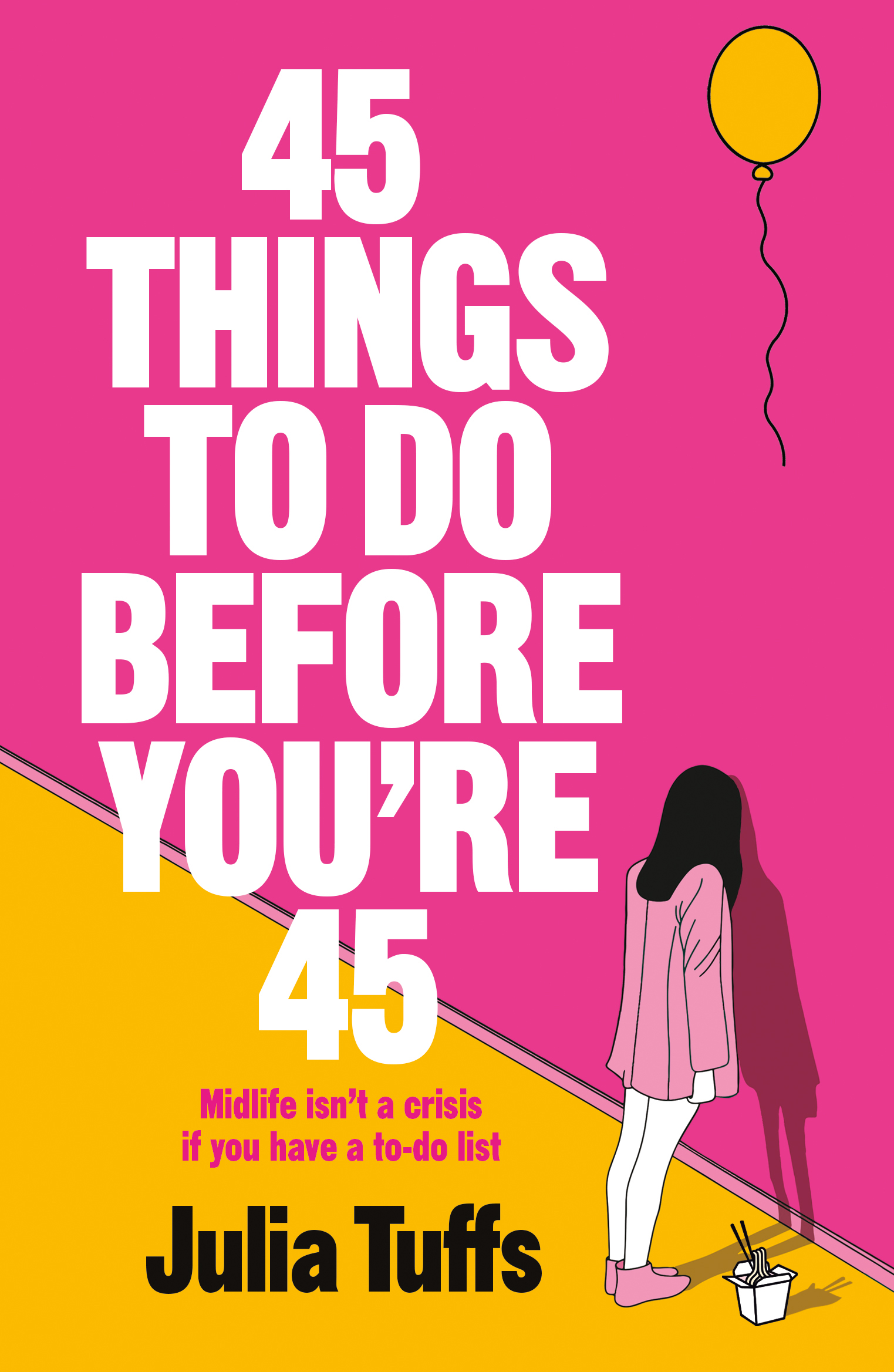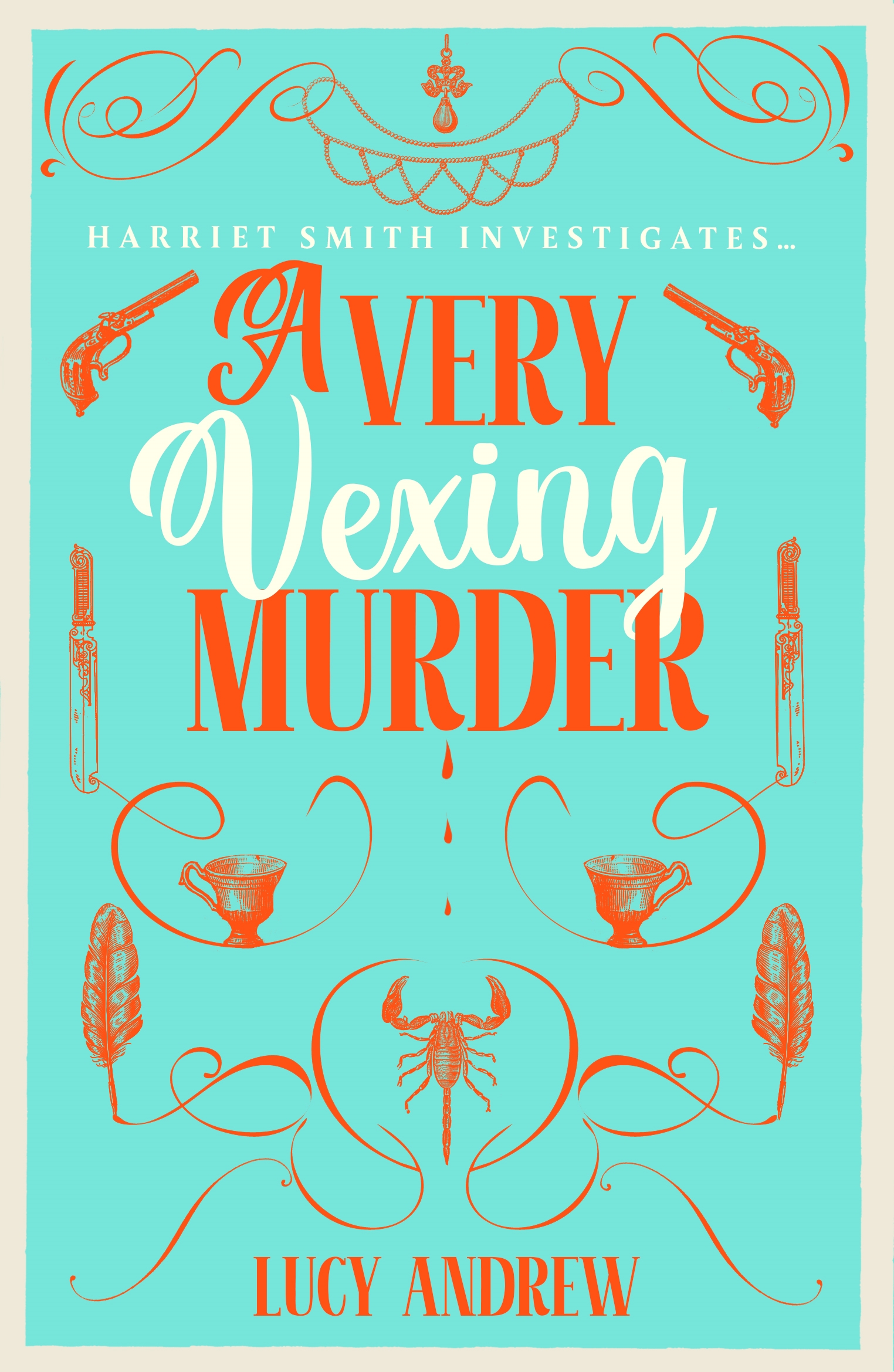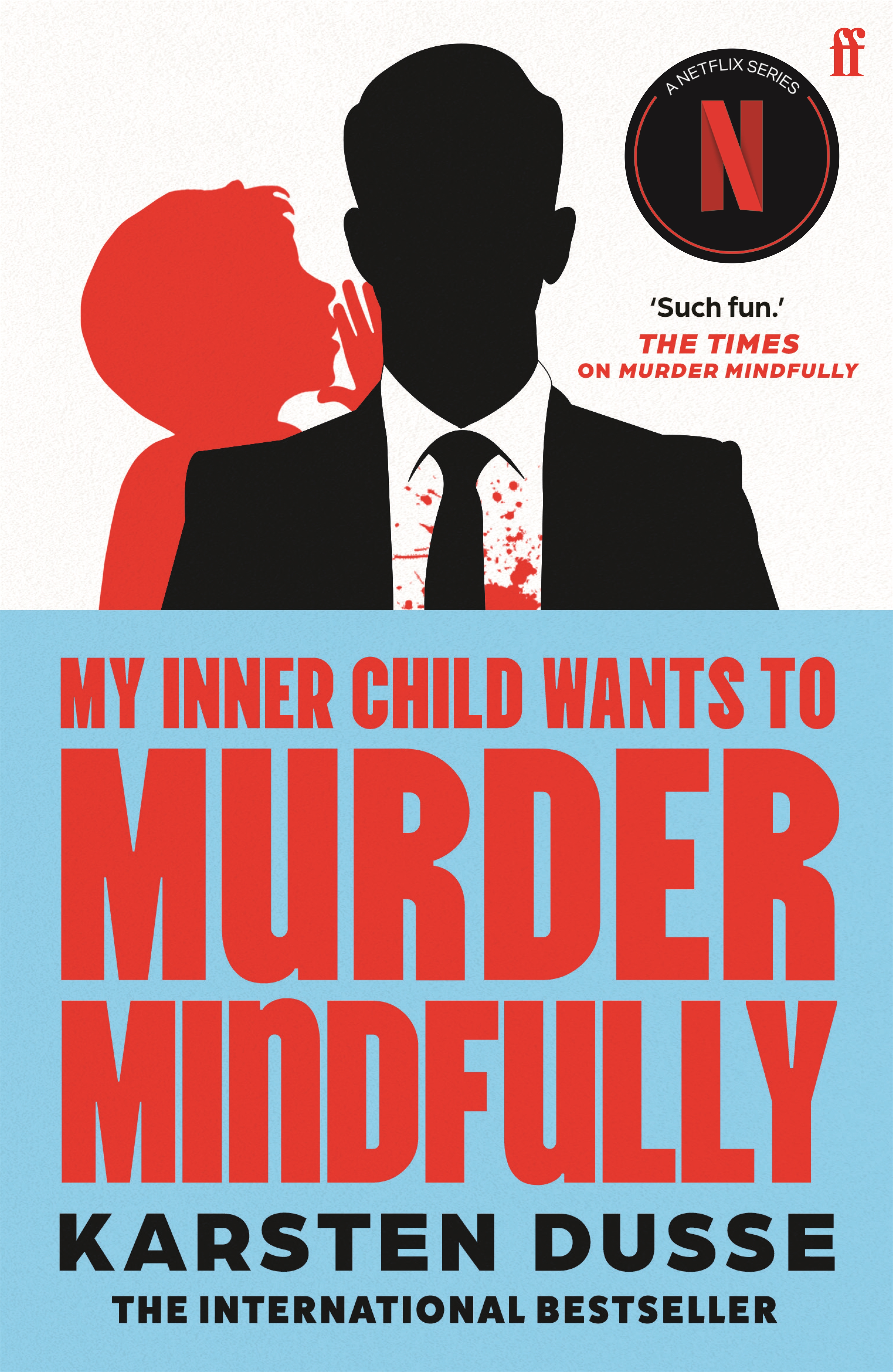Fundamentally: Shortlisted for the 2025 Women's Prize for Fiction
By Nussaibah Younis
avg rating
8 reviews
SHORTLISTED FOR THE 2025 WOMEN’S PRIZE FOR FICTION
WINNER OF THE COMEDY WOMAN IN PRINT PEOPLE’S CHOICE AWARD AND PUBLISHED NOVEL AWARD
‘A NEW NAME TO WATCH OUT FOR’ THE TIMES
‘THE DEBUT OF THE YEAR’ STYLIST
‘ELECTRIC’ GUARDIAN
‘By normal, you mean like you? A slag with a saviour complex?’
Nadia is an academic who’s been disowned by her puritanical mother and dumped by her lover, Rosy. She decides to make a getaway, accepting a UN job in Iraq. Tasked with rehabilitating ISIS women, Nadia becomes mired in the opaque world of international aid, surrounded by bumbling colleagues. Sara is a precocious and sweary East Londoner who joined ISIS at just fifteen. Nadia is struck by how similar they are: both feisty and opinionated, from a Muslim background, with a shared love of Dairy Milk and rude pick-up lines. A powerful friendship forms between the two women, until a secret confession from Sara threatens everything Nadia has been working for.‘Funny, gripping and compassionate’ DOLLY ALDERTON
‘Not only hysterically funny but trenchant and necessary. I loved it’ INDIA KNIGHT
‘A raunchy, irreverent, touching and daring debut’ PARINI SHROFF
‘Essential reading’ JONATHAN COE
‘A breath of fresh air’ MARIAN KEYES
‘Original, funny and fearless’ NINA STIBBE
Reviews
Fundamentally took me by surprise. Its dark subject matter covers issues connected to the radicalisation and de-radicalisation of ISIS brides, yet the tone of the novel is quite humorous and contemporary.
Centred on a young post-doctorate lecturer, Nadia, whose research regarding potential ways to de-radicalise ISIS brides provides her with an opportunity to put her words into action and to live by her beliefs by taking a job based in Iraq with the UN. The contrasts between the ideological concepts and the reality of the situation are stark. Early on, in her new role, the hopelessness of the task is pointed out by Sherri, one of her colleagues, when she says, “It’s illegal for the ISIS women to be detained in camps without charge or access to due process. Any programme the UN offers in camp is tantamount to condoning a violation of international law,” as it then appears that the UN is supporting the camps and thereby illegal detainment.
I was interested to read how young 15 year olds might be enticed to leave their parents and family home to go into a radically restricted life. Their innocence and lack of life experience together with their strict upbringing allow them to be deceived into believing they will lead glamorous, romantic lives supporting freedom fighters. Many ISIS brides are brutalised and totally subdued/imprisoned with no hope of returning to their families.
In the novel Nadia, herself, is using her new role to escape from an unhappy relationship with her mother and her ex-lover, Rosy so Nadia believes that she identifies with the ISIS brides especially as she came close to being radicalised when she was 15. Camp conditions for the women are dire and are contrasted with the lives of the embassy staff and local tribal leaders who are continually seeking opportunities for jollies or even bribes at the expense of the UN budget. I found the level of corruption shocking and the central character was described as having ‘frustration dripping like dye into gallons of empty time that flowed around’ her so despite the alien nature of the setting and the radicalisation, it was possible to empathise with the main character and to appreciate the mammoth task that she faced.
Nadia, the central character, was given levity through the voice of Rosy who appears as a cynical narrator in part of the book and later by Sara. I found the humour, at these points, quite a good relief as corruption, misogyny, UN blundering and the absence of support from the home countries of ISIS brides all feature in this novel.
I would recommend this book to others. Nadia took us from the blazing lights of Baghdad to the desolation of the camps on various journeys through the landscapes of Turkey and Iraq, from despair to humour and at times incredulity. The novel takes us from our familiar surroundings into the harsh world of ISIS brides and offers chance to gain a wider understanding of some of the issues that might be faced by all touched by their lives.
I was really excited by the sound of this title; comments on Amazon regarding the content and the fact it has humour woven in promised an interesting read.
Regrettably for me this was not the case. I understand that the author has real life experience behind the story being told and that may be so but regrettably for me the writing itself was a real turn off.
Comments about her inability to walk over uneven ground and her 'weak feminine fingers' when the map was taken from her. The information she communicated to a taxi driver she had never met before (so could have been connected to ISIS) about her new role... all of this created a character for whom I felt no sympathy. Her lack of preparation for the physical challenges as well as her lack of professionalism in her communications and behaviour in the field all frustrated me. As did being told twice within only a few pages how she always got 'lost' - maybe tell me once but I would prefer you showed me twice rather than told me. I did wonder at times what age audience she had in mind. 🙃I wanted to be on her side in this journey but I wasn't.
I found the level of information shared about the programme itself and the work she was doing within it came at very variable levels; the main one seemed to be at the level of scratching the surface and for me the main character was too self involved. There was one point at which she appeared and gave us an update on all the other girls/women she had been supposedly working to assist. I think they were all summarised within one paragraph and at speed. That for me was a missed opportunity for the author to provide me with the realities of her position and the work she had undertaken. Instead they all moved on and we were 'told' rather than shown what happened. As such a point of emotional connection and intimacy in terms of caring for those involved was missed.
Similarly if this was a warning to girls tempted to join I think it had some relevance but again not clearly enough stated. The theme of motherhood was there but again it could have been strengthened.
I came away from the book really frustrated that it had even made its way onto the shortlist for the Prize. I felt that the author had the job that made her story potentially really engaging and information but as a writer she had blown it.
My overwhelming feeling was of one irritation and I am afraid I wouldn't recommend it.
#AdventureWritingPrize
@readingagency
@Wilbur_Niso_Fdn
Nadia is an Anglo-Indian, somewhat lapsed Muslim academic, who has been disowned by her puritanical mother because she is not as devout as her mother wants her to be.
Nadia needs a sense of balance and decides to take a job in Iraq to head up a new UN funded project attempting to rehabilitate radicalised ISIS women.
She meets Sara in a refugee camp for women. Sara is now 19, but ran away to Iraq when she was 15 to become an ISIS bride to follow the dream of a promised life of adventure and glamour as the wife of an ISIS fighter. All the things she thought she wanted that being a regular, albeit feisty, precocious, opinionated, sweary, East London Muslim girl did not offer her.
The story is laugh out loud humorous in places and gut wrenchingly tragic in others. Nadia finds herself to be much more naive and blinkered in her own views than she first realised. She becomes mired in, and frustrated and disillusioned by, international politics, the trials of working as part of an international aid organisation , her ineffective colleagues who are largely only motivated by their own personal perks by playing the system, all combined with the endless administrative delays and paperwork involved in getting anything done.
Nadia forms a bond with Sara; they are both from Muslim families, both wanted to get away from their families, they love Diary Milk chocolate, dirty jokes and shock tactics and Nadia thinks she knows where Sara went wrong and how she can save her.
This story goes from wild, funny, Bridget Jones-esque mishaps to an exploration of serious issues relating to love, family, trust, faith, religion and the need to have a sense of belonging. It is at times frightening, dark, morally complex, judgemental, sobering whilst being irreverent, raunchy, tender, daring and fearless.
It leaves the reader feeling better informed about the issues contained in the book, even though the wit and humour entertain us at the same time, and it makes it clear that there are no easy answers to the issues raised.
A lightweight, comic look at the heavy topic of ISIS bridesmaid their deradicalisation (or not!) by a UN programme. I'd expected, and hoped for, a deeper and more insightful book but for me this one just seemed to skip across the surface a bit too easily. An entertaining and thought provoking read nevertheless.
Fundamentally by nussaibah younis
Much like the main character Nadia, we hit the ground running when Nadia arrives in Baghdad to join a team working for the United Nations. Exposed to both the sights, sounds and culture of this country as well the bizarre mix of personalities of her new colleagues, we get an insight into an Organisation of which I previously had no knowledge. Always irreverent and with the black sense of humour that is so often found in people who by day deal with difficult and dark issues, Nadia, who is tasked with setting up a de-radicalisation programme for Isis brides, deals with the frustrations of the protocols and red tape that restricts her accomplishing her aim by partying hard where ever and with whomever she can.
Although I had very little knowledge of the subject – other than information gained through the media - this story challenged me to remember the old adage ‘ there but for the grace of God’ when confronted by the story of Sara an ordinary girl living in England, who as a young and idealistic teenager was drawn into world where she was forced to see things no child should witness. Although far removed from my world I could emphasize with Nadia’s need to feel she could ‘fix’ the problems of others – as a way of compensating for not being in control in her own life, and the disappointment when those you are trying to help do not necessarily want the help you are trying to give. The relationship between Nadia and her mother also gives us hope that however fragile and damaged a relationship may be there is always a way back and some problems can only be resolved with the help of your Mum.
C Ede – Hythe Remainers Book Club 2025
I cannot say I enjoyed this book as the topic is too important.
The author obviously felt the need to shock the reader in the opening chapter. Although I understand she wanted to dismiss the stereotype I felt some of the language was unnecessary.
The book covered the problem of young girls seeking adventure or just wishing to get away from what they perceived as their stifling Muslim communities.
I felt there was something not quite right throughout the book and it was only at the end in the epilogue that the author explained why she had set the book in Iraq rather than Syria which would have been more believable.
Having lived for three years in Khartoum in the 1970s, when the only way in and out was by plane and was very expensive- way beyond our means, I understood the camaraderie amongst the mismatch colleagues who were working with the UN. The description of the ministers and their ‘need’ to show their importance and the ‘corrupt’ behaviour certainly rang true.
No matter what one’s thoughts are about Jihadi brides I think this book offers an insight into why some very young women leave the UK either with a boyfriend or with the promise of an adventure.
Definitely would recommend to a friend and I score it 8/10
Fundamentally is a debut novel that ambitiously attempts to blend satire, comedy, political critique, and emotional depth, but for this reader ultimately falls short. Centred on Dr. Nadia Amin—a British Muslim academic recovering from heartbreak who takes on a deradicalisation role with the UN in Iraq—the novel promises exploration of identity, ideology, and redemption. However, its execution is uneven, with implausible plot developments, some cartoonish characters, and forced humour that detracts from its weightier themes.
The protagonist’s saviour complex and moral blind spots go largely unexamined, while the supporting cast—composed of various archetypes—serve more as narrative props than real people. Most glaring is the erasure of local Iraqi voices, which undermines the story’s credibility and moral ambitions. The novel’s pacing is lopsided, with too much focus on trivial personal drama and too little on the complex realities of radicalisation and aid work. Attempts at emotional resonance are rushed or unresolved, and the ending feels implausibly neat. Really? Would Nadia's mother have been able to whistle up Sara's parents overnight, to say nothing of finding her a job? And another jarring note is hit by the faux thriller attempt at stealing back the baby. It's also impossible not to guess that Sara has been modelled on the real life Shamima Begum, who has ( and is still having) a much less happy ending.
In trying to be subversive, moving, and funny all at once, Fundamentally ends up delivering a messy, tonally inconsistent, and often frustrating read that feels more like an undeveloped concept than a finished novel.
We were fortunate enough to receive copies of this book as our book group was one of the six selected to shadow the 2025 Women’s Prize for Fiction.
Told in the first person , the author writing from direct experience of working in UN and related NGOs, the story is set in Iraq in 2019 and focusses on the de-radicalisation of ISIS brides and 30 something academic Nadia’s role there. This was certainly an original theme and something I had never read about in fictionalised form so all credit to it for that.
I found the first section of the book tricky to get my head around. The tone was satirical, sarcastic, critical and supposedly “laugh out loud” funny? It came across as something of chick-lit rom-com with explicit sexual references, overdrawn ludicrous caricatures of the UN staff, contemporary cultural references to dating apps, and sexual practices, which I assume was intended to endear us to the main character despite her own inexperience and ineptitude alongside her over zealous arrogance. Instead I found myself disliking her and finding her annoying. All the accompanying cast of characters seemed ignorant, crass, rude and inept. Exaggerated for comic effect perhaps?
However as the story progressed I found myself drawn in.Sara’s, the ISIS bride from the East End of London, must be the story of many girls from the Muslim community in the Uk , not least that of Shamima Begum, and the background to her story was fascinating and authentic sounding. The reality of their lives and the contrast when they reach Syria or Iraq where they were subject to harrowing abuse, was powerful and disturbing to read.
I was interested in the references to real events and people in particular Anwar al - Awlaki, the Al-Qaeda leader and cleric, who radicalised girls such as Sara. Clearly the author had real knowledge of this world.
A serious and important topical issue - but the tone, particularly at the beginning of the book when I felt the writer was trying to shock, was one I struggled with. I wondered constantly what a Muslim reader might make of the book. It was a curious mixture of serious and informative detail about communities and cultures with which I was unfamiliar, interspersed with elements of farce which didn’t always work.
I was gripped by the whole escape episode even if it was implausible. The book became something of a thriller in this last third. The confrontation with Sara at the end was fascinating as was the discussion about the two worlds the women live in and the type of Muslims they were.
I enjoyed Nadia’s back story - her relationship and alienation from her mother, and her mother was one of my favourite characters . The depiction of aid workers was more realistic and successful I felt than the earlier portrayal of UN staff. Perhaps the author really wanted to shine a light and mock these organisations? Clearly her credentials would qualify her to make authentic and accurate observations on that world.
Happy fairy tale ending somewhat implausible perhaps. I gather the author has a book deal for two more books. She will be someone to look out for although I don’t think this would be a worthy winner of this year’s prize.



